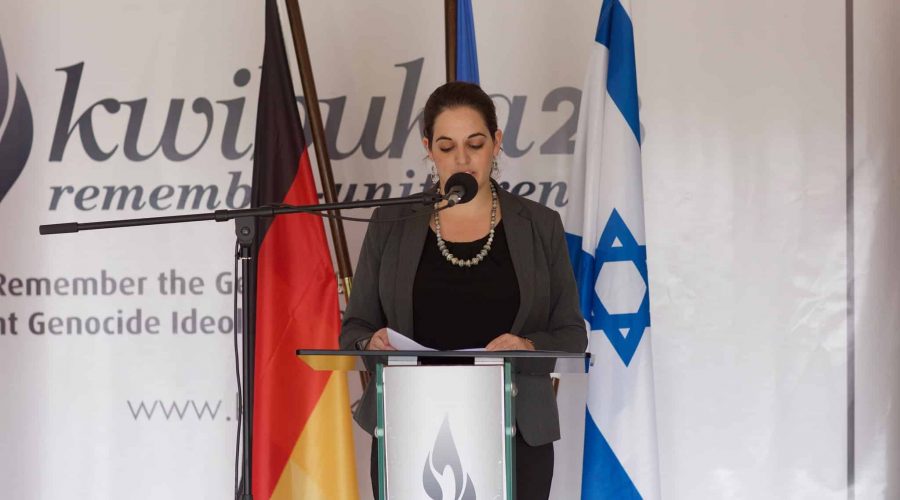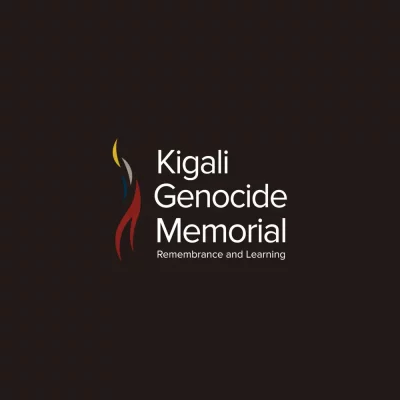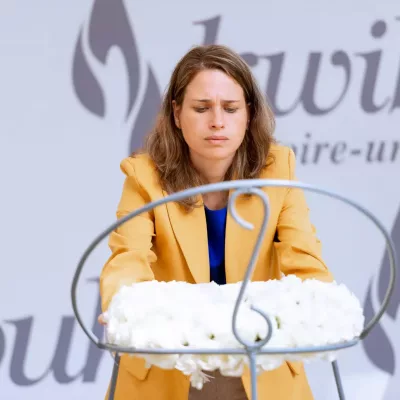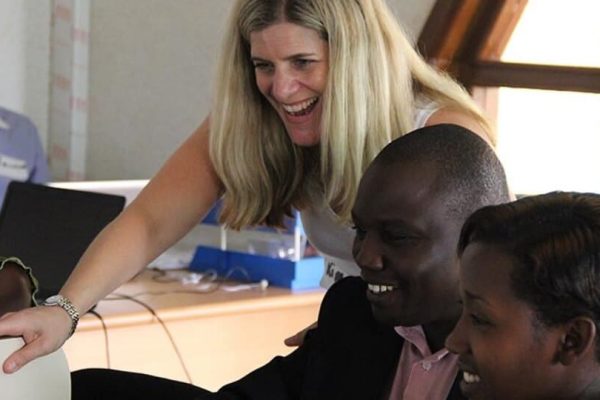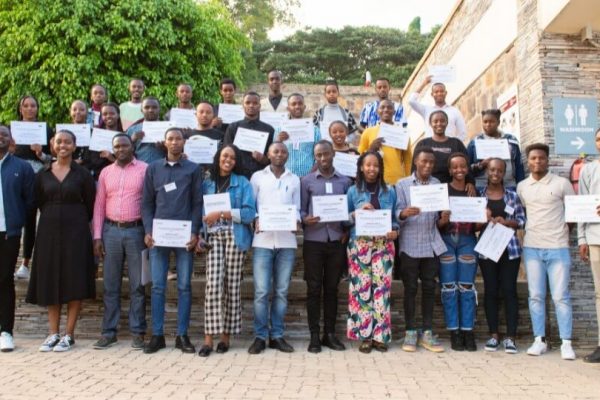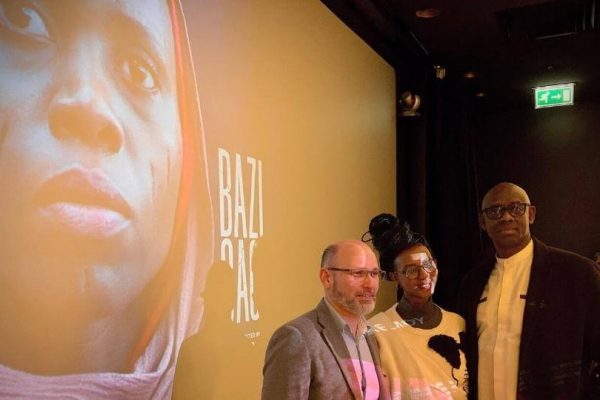Remarks by Tal Ben-Ari at the Kigali Genocide Memorial
On the 27th of January, 1945, the sun broke through above Auschwitz-Birkenau extermination camp after five years of darkness. A long line of people liberated by the Red Army left the valley of death. However, so many have already perished there, so many lives lost.
Among the one million one hundred Jews that were murdered in Auschwitz were most of my father’s family. His grandmothers; Bluma and Charlotte; his uncles from both sides; along with their families including 4 year old Yitzhak and baby David.
Growing in Israel as a third generation to Holocaust survivors, I couldn’t help but wonder what would I have done if I was a Jew in Germany in 1933, when Hitler rose to power? Would I have run? Would I have sold my house, my business? Removed my children from school in the middle of the year? Or would I have said to myself: it will pass, it is just momentary madness, and we’ve been through worse than this. It’s better to wait, to keep my head down. It will pass.”
My family’s own history taught me it wouldn’t have necessarily made a difference either way. My late grandmother’s family escaped Germany in 1938, just to be captured again and murdered in 1941, leaving her the sole survivor.
What would I do if I was a German in Berlin on the 18th of October 1941, when the first train left the platform, heading East and on it 1,013 Jews — children, women, and elderly — all destined for death.
A German citizen the same age I am now, with two children like mine. Would I have remained silent? Would I have protested? Would I have been one of the few Berliners to join the anti-Nazi underground? Or one of the many Berliners who carried on with life and pretended that nothing was happening?
According to their murderers, the Jews weren’t people. They weren’t mothers or fathers, they weren’t somebodies children. According to their murderers they never fell in love, never took their dog for a walk at two in the morning or laughed until they cried at the latest comedy by Max Ehrlich.
That’s what you need in order to kill another man. To be convinced that he isn’t a man at all. When the murderers looked upon the people who departed from the platform on their final journey they didn’t see Jewish parents, only Jews. They weren’t Jewish poets or Jewish musicians, only Jews. They weren’t Herr Braun or Frau Schwartz, only Jews.
Destruction starts with the destruction of identity. It is no surprise that when they arrived at Auschwitz, a number was tattooed on their arm. It is hard to kill Rebecca Grunwald, a beautiful, fair-haired 18-year-old woman, but Jew number 7762 A is easy to murder. Yet it remains the same person.
Among other lessons, the Holocaust taught us that no matter the circumstances we must always remain moral people. Human morality is not judged when everything is ok, it is judged by our ability to see the suffering of the other, even when we have every reason to see only our own.
The exhibition this year tells the story of those who remained true to their values that were willing to risk their lives to save others. The exhibition, Beyond Duty, tells the story of foreign diplomats who ignored their orders and issued documents the enabled Jews to reach a safe haven, that save one, ten, hundreds and sometimes even thousands of Jews from certain death.
The legacy of these diplomats teaches us that each one of us has the duty not to stand by before injustice, persecutions, and violations of human rights and we all can act, each one in a different way, to save human dignity. Six million Jews were murdered by the Nazis and their helpers simply because they were Jews. Six million souls that were lost, families that were completely eradicated with not even one person to remember they ever lived.
And I quote: “If anything happens I’d like people to know there was once a man named David Berger” wrote David to his friend in 1941, and was shot to death shortly after. Let’s honor his wish and never forget

